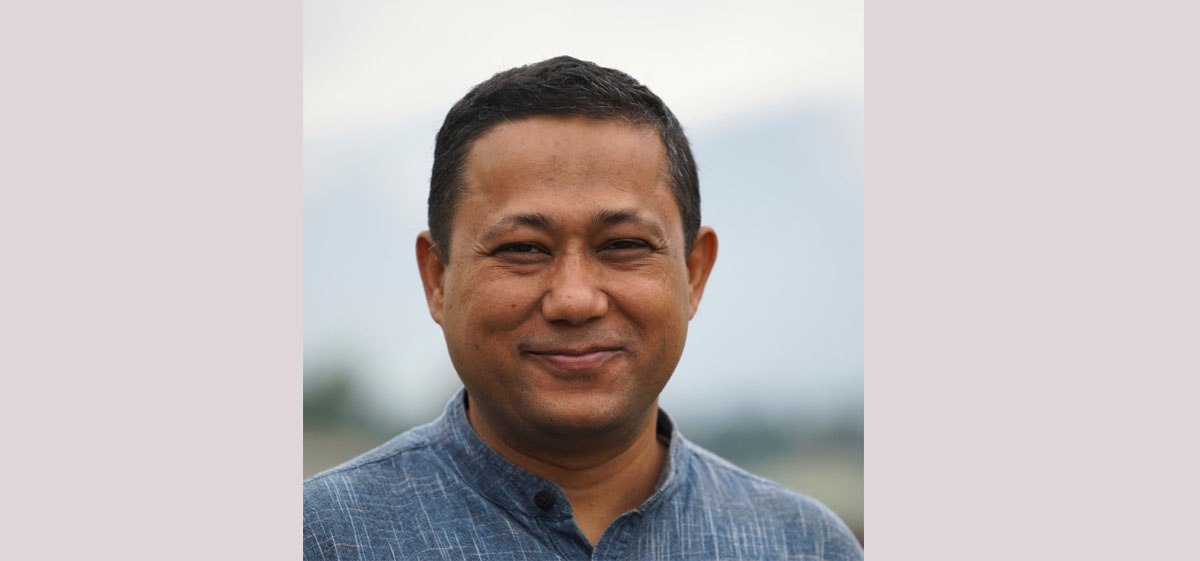Rastriya Swatantra Party (RSP) lawmaker Shishir Khanal has said that the party has registered amendment in the School Education Bill requiring current private schools to convert to educational trusts after 20 years as per the spirit of Constitution.
The current law defines the schools that do not receive government grant and operate under the Company Act or the Guthi (community trust) Act as private or institutional schools.
The School Education Bill taken by the government to the House requires new private schools to be established and operated as educational trusts. The bill, however, is silent about the fate of the private schools already under operation and only adds that the government would determine the provisions for establishment and operation of private schools.
The amendment registered by RSP President Rabi Lamichhane, Vice President Swarnim Wagle, General Secretary Sumana Shrestha, lawmaker Khanal and others requires even the private schools already under operation to convert to educational trusts after 20 years.
Khanal, who served as education minister when RSP was in the Pushpa Kamal Dahal government immediately after the last general election and has worked in the education sector for a long time, has told Setopati that the party has demanded so as per the spirit of Constitution that guarantees free education.
Article 31 of the Constitution about right relating to education sates that ‘every citizen shall have the right to get compulsory and free education up to the basic level and free education up to the secondary level from the State.’
Similarly, Article 51 (h) about policies relating to basic needs of citizens in the second sub-clause states “To promote investment of the State in education sector and to make private sector investment in education service-oriented by regulation and management.”
Khanal cites these provisions to defend the amendment proposal. He acknowledges that the party is aware of the constitutional right to property and the right to do private business, and points that the Constitution also does not prohibit business in education, but argues that the main question is understanding the right to free education.
He has also cited the Supreme Court (SC) verdict in President of Bridgewater International College (Narayan Prasad Baral) Vs the Education Ministry to support the party’s amendment. “The SC in that case has called education a public good,” he stresses. “The verdict states that if any individual or group wants to operate a school, that is vocation not a business. There should not be private school with the sole purpose of earning profit in Nepal if we go by the spirit of the Constitution and the SC’s interpretation.”
He has reasoned that the deadline of 20 years has been kept considering the practical aspects of private investors to ensure that they can earn return on their investment within 20 years. He has conceded that the state is not in a position to pay compensation for the investors of private schools now and added that the 20-year period has been kept hoping that the state’s ability to pay the investors would increase to some extent in the next 20 years, while the investors also earn some return from their investment.
He has acknowledged that some private investors would shut don their schools and convert their assets into a hotel or other business due to the provision of converting all private schools to trusts but expressed hope that some who have already earned return on their investment or would earn it within 20 years would continue to operate the schools despite the provision.
“I don’t think those who are in the education sector will solely focus on profit. As someone who has worked for a long time in the educational sector, I feel that there is dual motivation there.”
He has also accused the current bill of killing the spirit of federalism and revealed that the party’s amendment also demands revocation of the district education offices, that operate under the federal government, that can take crucial decisions about schools including appointment of school principals. He has added that training of teachers should be done at the provincial level.
The amendment has also demanded that local bodies should be allowed to keep additional/specialized teachers with their resources, and removal of the current provision that requires that school teachers must have studied education. “We have proposed for a narrow opening allowing persons to become a teacher irrespective of the subjects they have studied but the Education Service commission should evaluate them.”
The amendment has also called for making teaching profession specialized within 10 years instead of focusing on qualification. He has pointed that even highly qualified persons may not be a good teacher and added that those who have studied early childhood development courses, for example, can be a good teacher.

